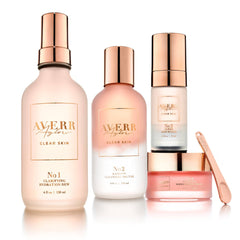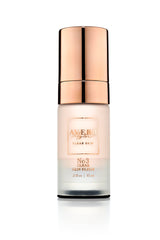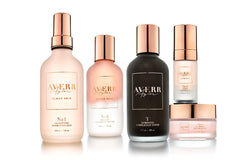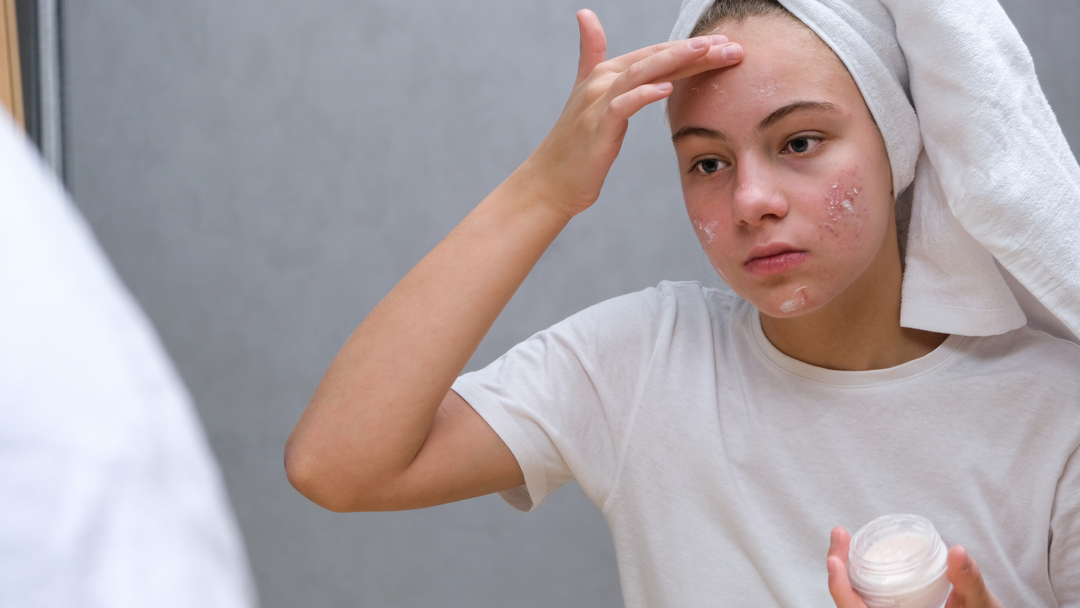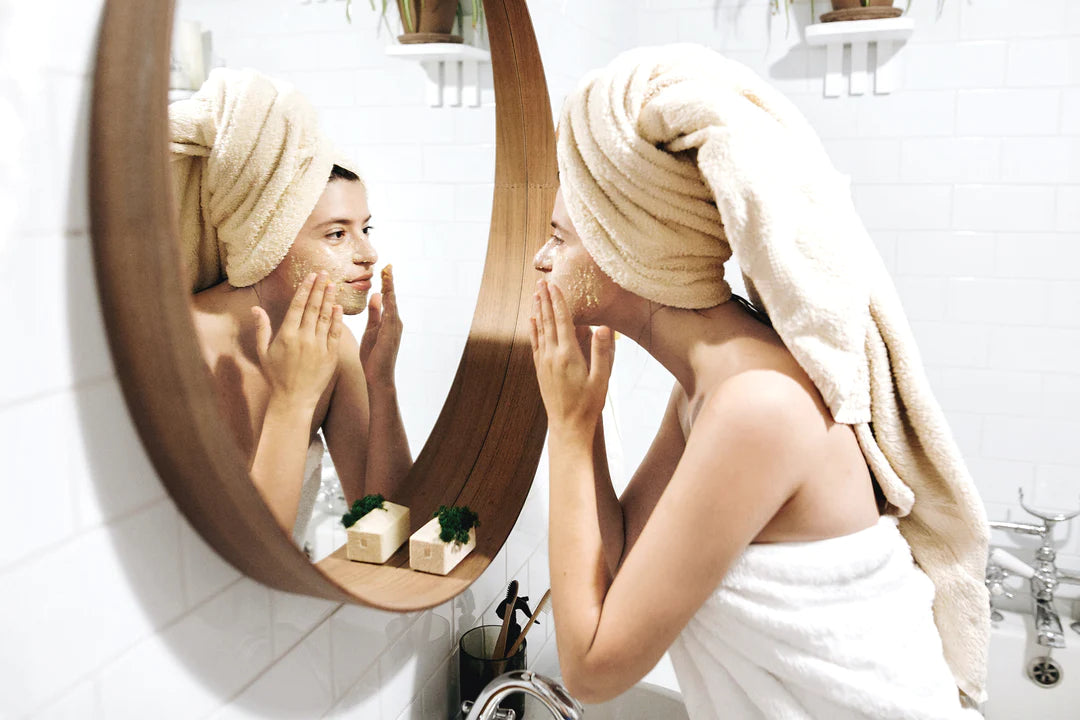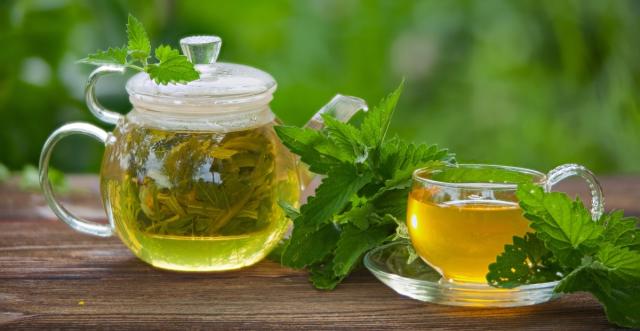Getting sick is the worst! From fevers to constantly being tired, we try to avoid it however we can. For many, the remedy to get rid of any sickness is always vitamin C. While most people know the effects that it has on immune health, many don’t know its secret superpower: skincare.
Vitamin C is one of the underrated secrets of skincare! It's a must-have to target acne and dark marks. Who would've thought?!

Now, we know that you have so many questions, and we have the answers! So, let’s see how vitamin C can deliver amazing results for your skin.
What is Vitamin C?
Vitamin C has stood the test of time in the skincare industry and has simply never gone out of style, like a fine wine that you drink on a summer’s eve, or any eve.
Having its first breakout role in 1912, vitamin C has proven to be beneficial for every vital organ in the body, which includes the largest organ, our skin. By the late 1900s, women of all ages would use vitamin C to protect their youthfulness and make sure that wrinkles and fine lines were a thing of the past. Now, many women primarily use vitamin C as they start to mature.
When we age, the vitamin C levels we once had begin to diminish, and this can lead to wrinkles, fine lines, and dry skin. One of the main side effects to look out for is a dull complexion. That will be a good indicator of your vitamin C levels.
Our skin goes through a lot daily, from environmental pollution to UV damage. These factors can affect not only the outer layers of the skin but also the deeper layers. That is where vitamin C comes in. Acting as a barrier, it prevents anything foreign or harmful from penetrating the skin. It's honestly the little burst of love your skin needs throughout the day.
What Can Vitamin C Do for My Skin?
While vitamin C has powerful healing and protective properties, you still need to know how it will help your face, right? That is where New York-based dermatologist, Whitney Bowe can help. She explains that “Vitamin C has reached hero status in the world of skincare because of three proven benefits for the skin, all of which have been demonstrated in clinical trials: it acts as a powerful antioxidant, boosts collagen production, and brightens dark spots.” Her point shows that when used regularly, the effects that vitamin C has on the skin are uniquely essential.
Now, you may be asking what vitamin C can do for acne. Since so many people deal with frequent breakouts and blemishes, how can vitamin C help?

Adding a serum with vitamin C, like our Perfectionist Overnight Serum into your skincare routine, is the key to acne. Dermatologist Patricia Wexler says that because of the antioxidant properties found within vitamin C, a person with damaged skin or acne-prone skin can benefit greatly from adding this into their routine. Since the ingredients promote cell regeneration, the skin will naturally start healing itself, and breakouts will begin to disappear.
Whether your problem is acne, dark marks, dark circles, or the effects of aging, adding vitamin C will make a huge difference.
Who Should Avoid Vitamin C?
While vitamin C is essential for the skin, some people may need to limit their use or completely stay away from it. To know if vitamin C will have an adverse reaction on your skin, we recommend testing out whatever product you choose in a small section. This way, you will be able to see if there is irritation or redness. If you see no irritation, you can gradually increase the area of application.
How to Incorporate Vitamin C Into Your Routine
Now that you have learned what vitamin C is and why it is essential for your skin, the last thing to cover is how to use it.
Specifically, known to be a well of rejuvenation, vitamin C heals the skin from the dermis or the deeper layers of the skin to provide healthier skin on the top layers, known as the epidermis. While some people opt for supplements that include vitamin C, dermatologists recommend a topical application for skincare.

Remember that the key to applying vitamin C, whether directly, or through serums and creams, is consistency. Studies show that environmental pressures, like sun or air, can make topical vitamin C fade over the day. That is why application in the morning and at night will give you the beautiful results that you seek.
Also, it doesn’t matter if you choose a cream or a serum for application, as long as the potency is above 10% and no greater than 20%.
Lastly, look for products that pair vitamin C with other essential oils or vitamins, as those products promote multiple layers of nourishment.
Youthful, clear, and glowing skin is within reach, it’s now up to you to make it a reality! Cheers to progress!






